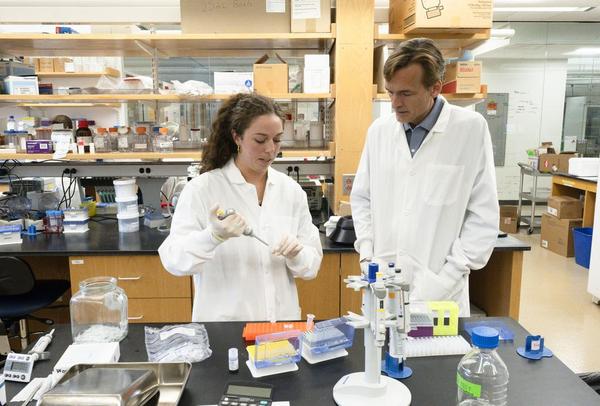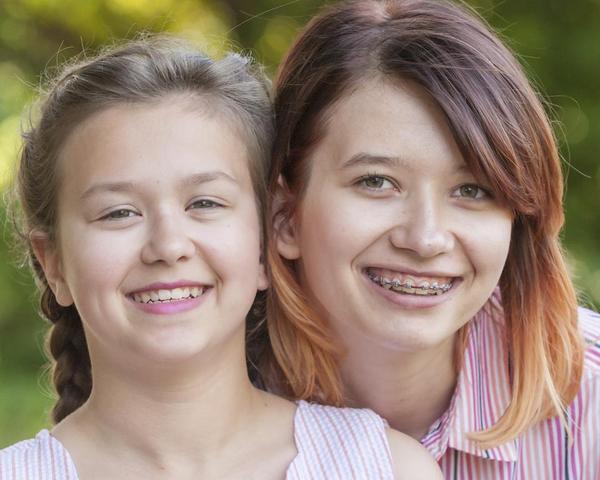
Study finds surprising way that genetic mutation causes Huntington’s disease, transforming understanding of the disorder
Scientists at the Broad Institute of MIT and Harvard, Harvard Medical School, and McLean Hospital have discovered a surprising mechanism by which the inherited genetic mutation known to cause Huntington’s disease leads to the death of brain cells. The findings change the understanding of the fatal neurodegenerative disorder and suggest potential ways to delay or even prevent it.
For 30 years, researchers have known that Huntington’s is caused by an inherited mutation in the Huntingtin (HTT) gene...
For 30 years, researchers have known that Huntington’s is caused by an inherited mutation in the Huntingtin (HTT) gene...






